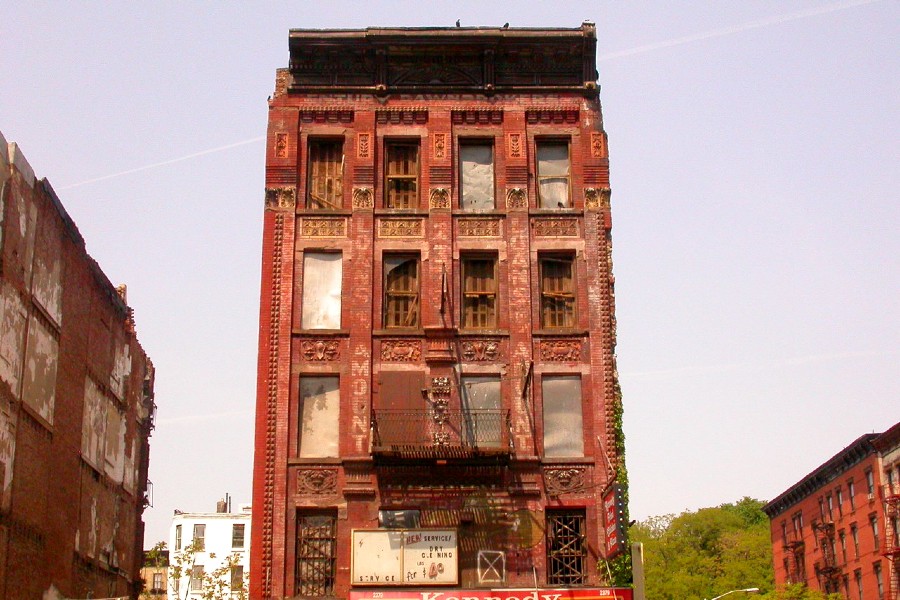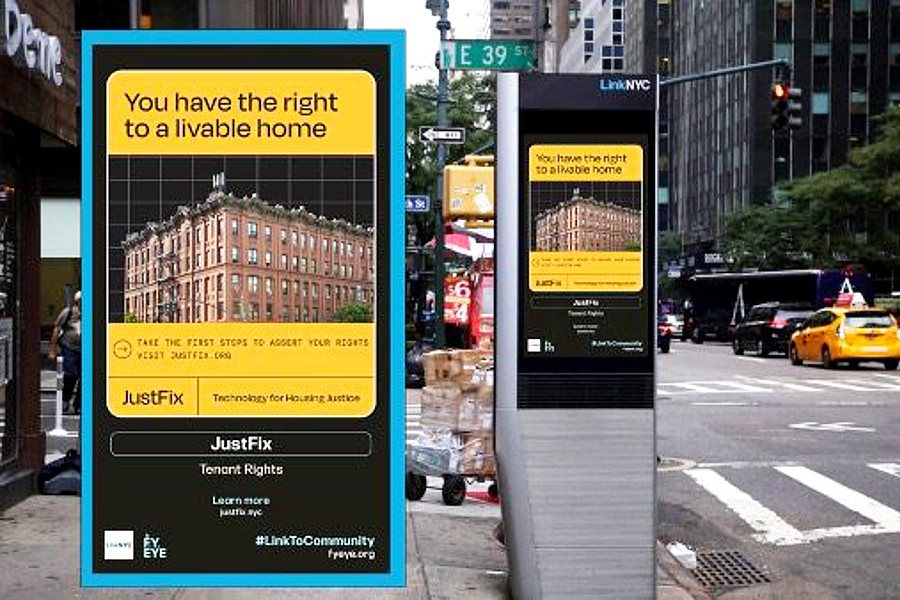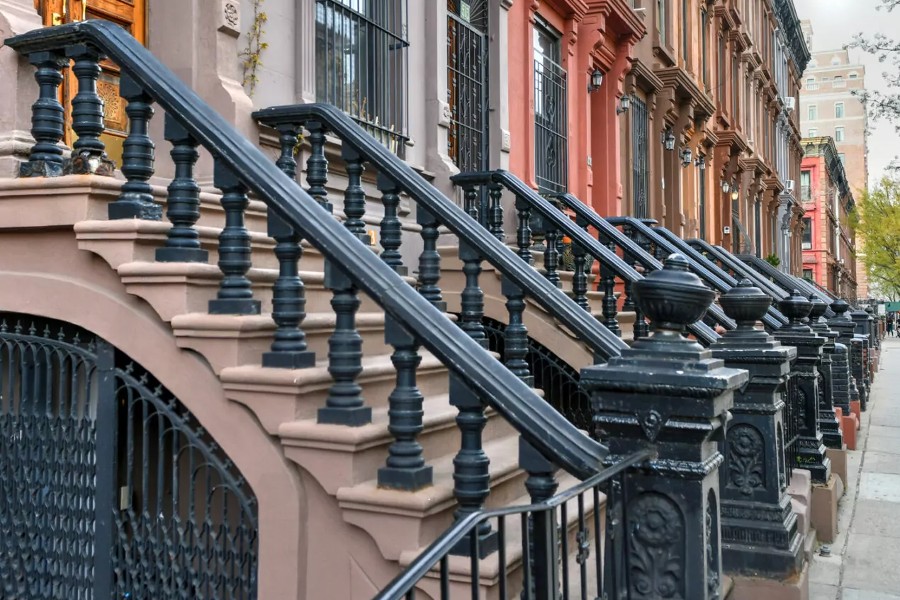
Today, The Center for an Urban Future (CUF), an independent think tank focuses on creating a stronger and more equitable economy for all New Yorkers.
Released their sixteenth annual ranking of national retailers in New York City.
The 2023 State of the Chains report finds a 3.1 percent decrease in chain stores across the five boroughs in the past year. This represents the second largest single-year decline in chain stores since CUF began tracking chain retailers in 2008, with the first year of the pandemic (2020) being the only year with a larger decrease. This year’s decline breaks a two-year streak of modest chain store growth in New York City.
“Our 2023 State of the Chains report underscores the challenges that many national retailers are facing in New York, including hybrid work and the growth of e-commerce, and suggests that some of the changes we’ve seen to the retail market in recent years may be here to stay,” said Jonathan Bowles, executive director of the Center for an Urban Future. “After two years of modest growth, we saw chain store closures across the five boroughs, with most national retailers not coming close to reaching their pre-pandemic levels.”
The number of chain stores in the city in November 2023 was still 13.8 percent below the total from late 2019—or 1,097 fewer stores than before the pandemic. More than half of the retailers that were featured in CUF’s 2019 State of the Chains report have fewer locations today than they did before the pandemic, including 11.2 percent who no longer have any stores here.

All five boroughs are still at least 5 percent below their pre-pandemic chain store level, with Manhattan’s losses from 2019 to 2023 being the most significant. Today, Manhattan has 18.3 percent fewer chain stores than it did in 2019—or 545 fewer stores. Staten Island (still down 5.5 percent) has come the closest to reaching its pre-pandemic totals, followed by Brooklyn (-10.9 percent), Queens (-11.3 percent) and the Bronx (-13.8 percent).
“…2.7 percent in Manhattan (a loss of 84 stores)…”
Every borough experienced a decrease in chain stores in 2023. The largest decline was seen in the Bronx (4.4 percent for a loss of 41 stores), while the decline was 3.3 percent in Queens (a loss of 59 stores), 2.7 percent in Manhattan (a loss of 84 stores), 3.1 percent in Staten Island ( a loss of 15 stores), and 2.9 percent in Brooklyn (a loss of 50 stores).
Over the past year, 116 of the city’s zip codes experienced a decline in chain stores—more than three times as many as the 32 zip codes that registered an increase in stores. This is a significant change from last year, when 67 zip codes experienced gains.
The zip codes that suffered the biggest losses include 11201 in Brooklyn Heights/Downtown Brooklyn (13 stores), 10001 in Hudson Yards/Midtown West (13 stores) and 10012 in Soho/Greenwich Village (10 stores).
This decline has occurred despite workers returning to offices, and increases in subway ridership and tourism. For the fifth year in a row, merchandise retailers—including pharmacies, cell phone stores, and retailers selling clothing, shoes, cosmetics, and other non-food items that can be ordered online—accounted for a disproportionate share of chain stores closures.
This year, cell phone stores and pharmacies accounted for the greatest losses. No retailer contracted more than T-Mobile, which closed 62 stores, while Metro by T-Mobile (26 closures), AT&T (18 closures) and Verizon Wireless (9 closures) also saw large declines. Rite Aid shuttered more than half of its store locations (55 stores in total) while Duane Reade had closed 16 stores and CVS reduced its footprint by 4 stores. Merchandise retailers selling clothing, luggage, and shoes also had notable store declines, including Bed, Bath & Beyond (closing all 13 of their locations), V.I.M. (9 closures) and Party City (7 closures).
Despite continued challenges, dozens of retailers are expanding their presence, including newer chains such as Playa Bowls (expanding from 15 to 22 stores), Nuts Factory (from 5 to 10 stores), Orangetheory Fitness (from 23 to 29 stores), Intimissimi (from 5 to 10 stores), Kyuramen (7 to 9 stores), Naya (12 to 15 stores), Insomnia Cookies (15 to 19 stores), Alo (from 4 to 7 stores), Everytable (from 7 to 9 stores), Warby Parker (from 10 to 15 stores), Pelicana Chicken (from 8 to 10 stores), Aesop (from 11 to 13 stores), and Le Café Coffee (from 13 to 16 stores).
Other types of stores seeing increases include package delivery chains, fast food restaurants that do not primarily sell hamburgers, retailers selling dessert items, and coffee chains.
“Dunkin’ Donuts is the retailer with the most stores in the five boroughs…”
With 619 stores, Dunkin’ Donuts is the retailer with the most stores in the five boroughs, a title it has held all sixteen years since we started tracking chain store trends in New York. This year, Dunkin’ registered a net loss of 1 store and still has fewer store locations than it did before the pandemic (619 today compared to 636 in 2019).
For the second year in a row, Starbucks has the second-most chain stores in New York, increasing their footprint from 316 to 322. This year, Metro by T-Mobile remains in third place with 269 locations, experiencing a 26-store reduction from 295 to 269.
The other retailers in the top ten include Subway (which now has 215 stores after registering a decline of 39 stores since 2022); Duane Reade (211 stores, -16); McDonald’s (185 stores, -6); Baskin-Robbins (183 stores, +1), T-Mobile (171 stores, -62); CVS (170 stores, -4); and Popeye’s (144 stores, +7).
To view the report, click here
The Center for an Urban Future
The Center for an Urban Future is an independent think tank focused on creating a stronger and more equitable economy in New York and expanding economic opportunity for all New Yorkers. Learn more at nycfuture.org.
Editors’ Note: What do you think?
Photo credit: A condemned building in Harlem after the 1970s, 1961. Wiki.
- A Journey Through Time: The TARS Trolley In Harlem, NY, 1946 (Photographs)
- How To Use Bitcoin ATM From Harlem To Hollywood
- How To Prepare Financially During Holidays
- 7 Long-Term Investment Strategies For Tax Delinquent Properties
- How To Use Digital Signage For Business Marketing
Become a Harlem Insider!
By submitting this form, you are consenting to receive marketing emails from: . You can revoke your consent to receive emails at any time by using the SafeUnsubscribe® link, found at the bottom of every email. Emails are serviced by Constant Contact








